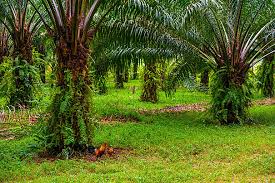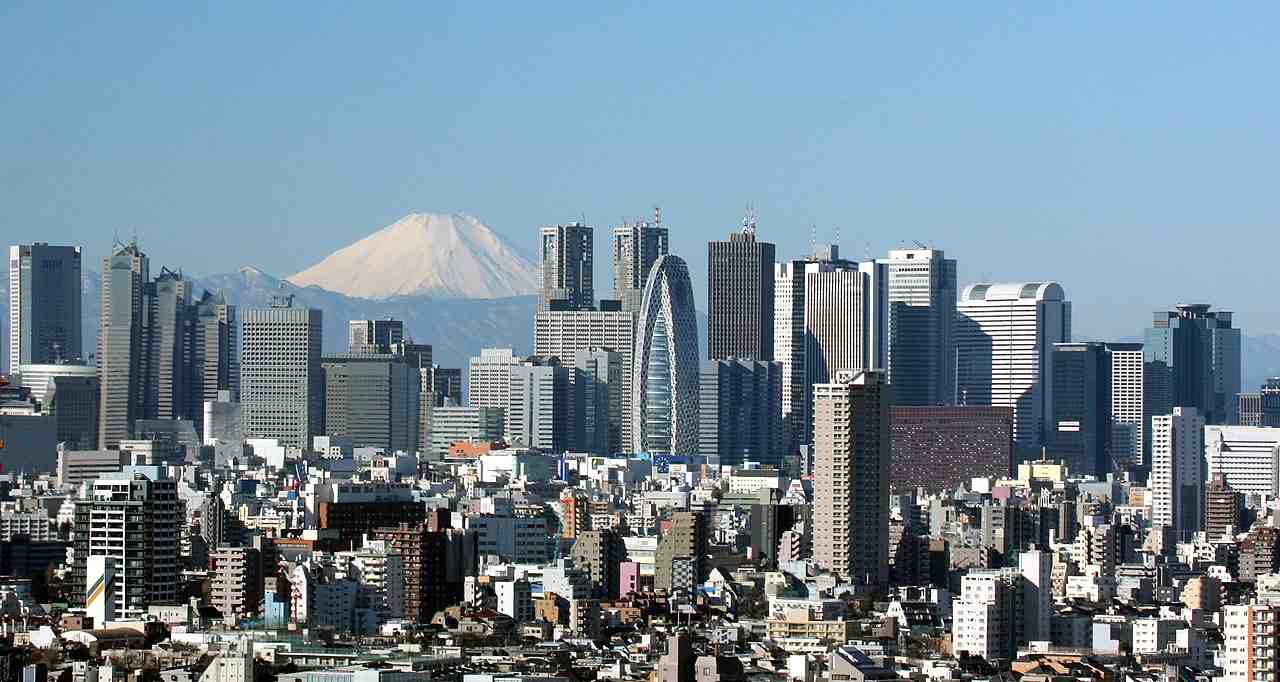Indonesia, as the world’s largest producer of crude palm oil (CPO), offers tremendous investment potential for foreign investors in the palm oil plantation and processing sector. With the largest palm plantation area and extensive land bank availability, the country has become a prime destination for multinational companies seeking to expand their agricultural business portfolios.
Currently, major companies such as Cargill, Archer Daniels Midland (ADM), Louis Dreyfus, and Wilmar have already invested in Indonesia’s palm oil plantation and processing sector. In addition, Malaysian companies such as IOI Corporation, Felda Global Ventures, Sime Darby, and Kuala Lumpur Kepong (KLK) have long been operating and are key players in the national palm oil industry.
Indonesia has approximately 16.38 million hectares of palm oil plantations, making it the country with the largest palm plantation area in the world. Of this amount, around 45% is managed by large companies, both local and foreign. The Indonesian government continues to encourage more integrated and sustainable plantation development to increase productivity and create jobs in the agricultural sector.
The huge investment potential in this sector is also driven by projected CPO demand growth, both for domestic and international needs. Besides being a key ingredient in cooking oil, CPO has high added value as it can be processed into various derivative products that are beneficial for other industries, such as Fast-Moving Consumer Goods (FMCG), cosmetics, pharmaceuticals, and chemicals.
“Indonesia has all the necessary factors to become a global hub for palm oil development, from extensive plantation land, a supportive climate, to a skilled workforce. This potential is far from fully optimized, which is why foreign investors see great opportunities to enter the market,” said Bambang Widjanarko, Chairman of the Indonesian Palm Oil Association (GAPKI).
Foreign companies are not only interested in plantation development but also in the downstream sector, which offers higher margins. For example, Cargill not only manages palm oil plantations in Sumatra and Kalimantan but also owns CPO processing facilities in several strategic locations in Indonesia. The American company has partnered with several local players to expand its sustainable palm oil production capacity.
In addition to Cargill, Louis Dreyfus Company has expanded its processing and export operations for palm oil derivative products in Indonesia. Meanwhile, Wilmar International, a leading agribusiness company from Singapore, owns several palm plantations, processing plants, and storage facilities spread across Indonesia. Wilmar has even become one of the top exporters of palm oil and its derivative products from Indonesia to the global market.
Malaysian companies such as IOI Group, Felda Global Ventures, Sime Darby, and KLK have long been operating in Indonesia. They leverage their extensive experience in the palm oil plantation sector to maximize the potential of available land in Sumatra and Kalimantan. The presence of these major players from Malaysia has helped propel the development of Indonesia’s palm oil industry towards a more professional and sustainable direction.
Product Diversification: High Added Value
Another major potential offered by the palm oil sector in Indonesia is product diversification. CPO can be processed into palm kernel oil, glycerin, fatty acids, and fatty alcohols, which are widely used in the FMCG and chemical industries. These derivative products have a higher market value than raw CPO, offering greater margins for companies that invest in the downstream sector.
Along with the growing awareness of sustainability, various companies have started developing sustainable palm oil derivatives that meet international standards such as the Roundtable on Sustainable Palm Oil (RSPO). This provides a competitive advantage for foreign investors looking to enter the Indonesian market by bringing technology and environmentally friendly management practices.

“Global demand for palm oil derivatives, such as oleochemicals and cosmetic raw materials, is increasing. With its large production capacity, Indonesia is strategically positioned to meet this demand, especially if we can further optimize domestic processing,” said Dedi Heryanto, an agriculture industry analyst from the Indonesian Palm Oil Association.
The government’s strong commitment to creating a conducive investment climate and the proactive role of industry associations like GAPKI in establishing transparent regulations, Indonesia remains a key investment destination in the palm oil plantation and processing sector.
Analysts project that Indonesia will continue to hold its position as the world’s largest CPO producer for the next 10 to 20 years. This is in line with the government’s vision to develop a more integrated palm oil industry from upstream to downstream, creating a longer value chain and attracting more foreign investment into the sector.
With high potential returns and broad product diversification, the palm oil plantation and processing sector in Indonesia will continue to be a magnet for global investors seeking growth in strategic agricultural and raw material markets.
Read More
- Lakshmi Mittal: From Indonesia to Steel Empire, The Rise of the Global Steel Baron
- MUFG Intensifies Indonesian Expansion with Strategic Acquisitions Across Multi-Finance Sector
- How Tokopedia’s Founder Overcame Challenges to Build Indonesia’s E-Commerce Giant
- Discover the Magic of Shirakawago: Why This Snowy Village in Japan Rivals Europe’s Best Winter Destinations
- The Secret Spot for Mount Fuji Views That Most Tourists Miss: Lake Yamanakako
- Discover Harajuku and Omotesando: Tokyo’s Vibrant Fashion Hubs That Offer Luxury, Style, and Culture

























